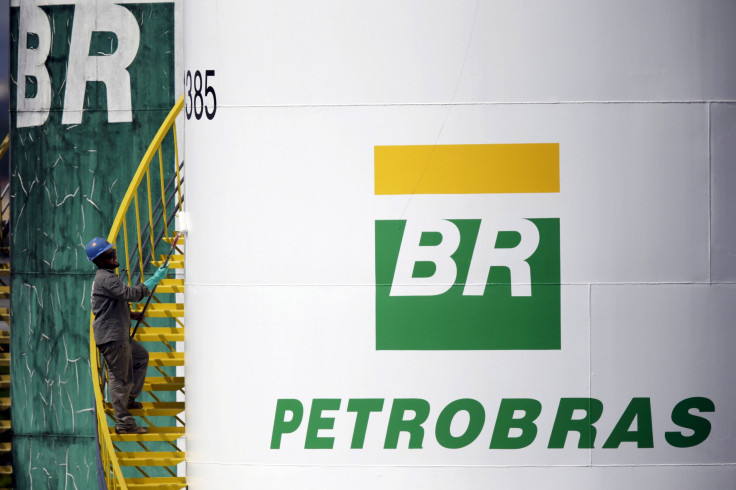Brazil Petrobras Scandal Arrests: Senate Leader, Investment Bank Chief Alleged In Corruption Probe

The probe into Brazil’s state-run oil company Petrobras just scooped up two high-profile players. The ongoing corruption investigation netted the arrests Wednesday of Andre Estevez, the CEO of Brazil’s largest investment bank, BTG, and Delcidio Amaral, leader of the ruling Workers’ Party in Brazil’s Senate. Their detention, over accusations that they were obstructing the Petrobras probe, heightens the scope and the stakes of the blockbuster investigation that has locked the country into a political and economic crisis this year.
The arrests marked firsts for the unwinding Petrobras scandal: Estevez was the first high-profile financial player to be ensnared in the probe, while Amaral was the first sitting senator to be arrested in Brazil.
Wednesday’s arrests further rattled Brazil’s political and business spheres, which were already mired in uncertainty as the country confronts a painful economic recession and congressional deadlock to weather the crisis. Brazil’s currency, the real, sank by around 2 percent on lower confidence in BTG, Reuters reported.
PF prende senador petista e banqueiro André Estevez.
https://t.co/ctrC4MlBZE pic.twitter.com/koGuAwIJzS
— Perfil Estatística (@Perfilestatist) November 25, 2015
Dozens of other players have been implicated in the Petrobras scandal -- a sprawling graft scheme in which executives inflated contracts with select companies and paid kickbacks to politicians -- since authorities launched their investigation in full force in early 2014. Two construction titans, Marcelo Odebrecht and Andrade Gutierrez, were arrested in June over accusations of money laundering and corruption.
The scandal has pummeled the credibility of President Dilma Rousseff, who was on the board of Petrobras at the time the alleged wrongdoing occurred, as well as the ruling Workers’ Party, of which dozens of members have been linked to the scheme.
Rousseff herself has not been accused of any participation in the scandal, but her political power has deteriorated sharply. She has been trying to pass through unpopular austerity measures as Brazil’s economy faces a 3.1 percent contraction in 2015, but has met with strong opposition from Congress and the public. Her approval ratings stand at around 8 percent as calls for her impeachment have swelled in the past year.
© Copyright IBTimes 2024. All rights reserved.






















